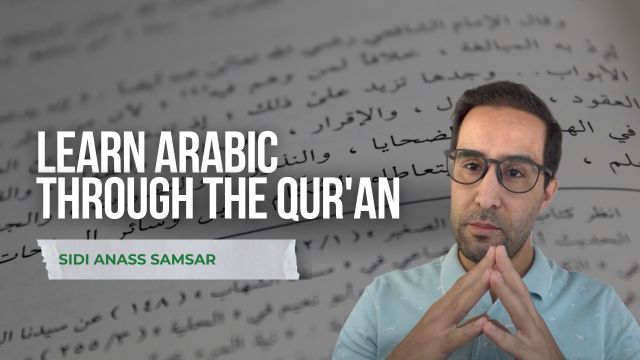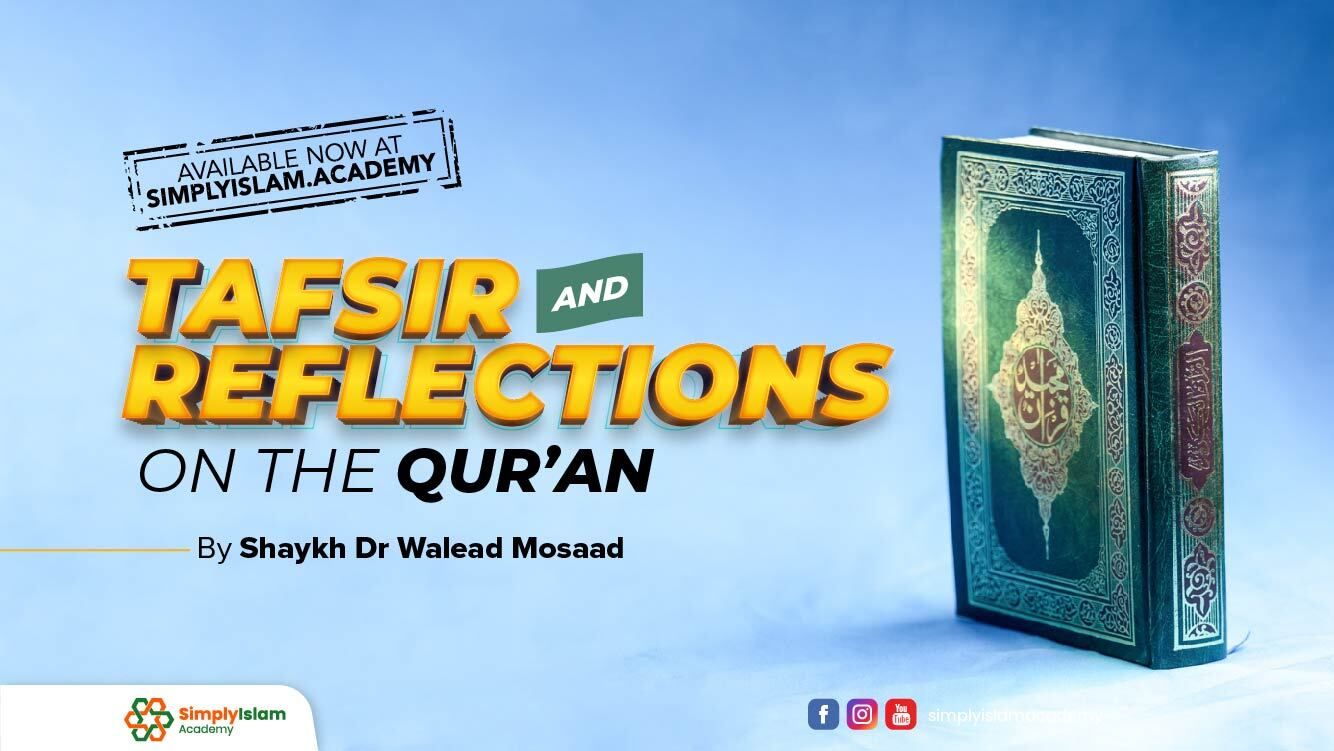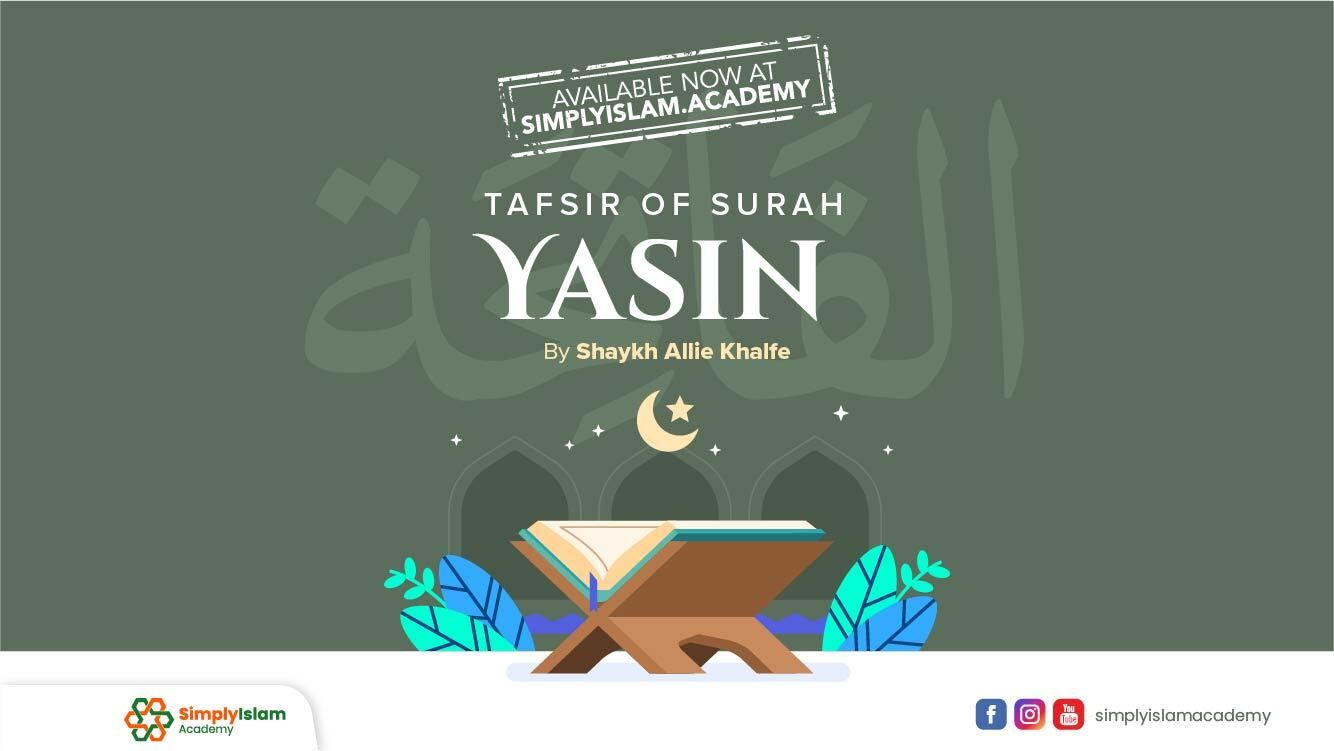Dealing with Internet Hate: a Digital Discourse
-
Lily Syahirah Ramlan
-
04 March 2021
Online hate seems to be a common phenomenon nowadays. Its prevalence could be down to several factors:
1. An open internet where individuals are free to voice their thoughts or, the ugly side of this – cyber bullying or ‘heckling’ others.
2. A lack of education on online conduct and etiquettes that could lead to trigger-happy individuals posting insensitive comments.
3. A manageable emotional coping mechanism.
4. The cloak of anonymity – probably the key instigator for online hate rearing its ugly head so commonly on the world wide web these days, with people thinking that anonymity would not make them accountable for their words or actions.
2. A lack of education on online conduct and etiquettes that could lead to trigger-happy individuals posting insensitive comments.
3. A manageable emotional coping mechanism.
4. The cloak of anonymity – probably the key instigator for online hate rearing its ugly head so commonly on the world wide web these days, with people thinking that anonymity would not make them accountable for their words or actions.
According to a research by Sorokowski, Kowal, Zdybek et. al (2020),they conducteda study with the aim of distinguishingtraits of people who post hate and non-hate comments online. After a month, participants were invited to take part in a psychological survey, and filled the Dark Triad questionnaire, the Satisfaction with Life Scale, the Scale of Frustration, and the Scale of Envy. Results showed that high scores in Psychopathy subscale were significant predictors of posting hate comments online; high scores on the Envy Scale were also significant.
This shows that online haters are more likely to be associated with high scales of psychopathy and envy in cases of distasteful behaviour such as trolling, cyberbullying as well as eliciting hate speech. In addition, a high level of frustration and a low satisfaction of life was linked to aggression of those said behaviours as well.
In retrospect, the groundbreaking, extensive analysis of this study has already been proven many years ago by our beloved Prophet, Peace and Blessings be upon him. In our previous articles on the Evil Eye and Social Media, jealousy, lack of gratitude and aggression can be linked to the Evil Eye, in some startling ways.
It was narrated from ‘Abdullah bin ‘Amir bin Rabi’ah, from his father, that the Prophet (ﷺ) said:
“The evil eye is real.” – Sunan Ibn Majah
Anas b. Malik reported Allah’s Messenger (ﷺ) as saying: Neither nurse mutual hatred, nor jealousy, nor enmity, and become as fellow brothers and servants of Allah. It is not lawful for a Muslim that he should keep his relations estranged with his brother beyond three days. – Sahih Muslim
As a practicing Muslim, how do you deal with such hatred on the Internet?
1. Love All, Hate None
Rasulullah, Peace and Blessings be upon him, taught us that we need to confront hate with patience and become the bigger person. Defeat hate by radiating more love and kindness so it becomes contagious!
“The good deed and the evil deed cannot be equal. Repel (the evil) with one which is better (i.e. Allah orders the faithful believers to be patient at the time of anger, and to excuse those who treat them badly) then verily he, between whom and you there was enmity, (will become) as though he was a close friend.” – Surah Al-Fusillat, Verse 34
As the embodiment of the Quranic values, our beloved Prophet Muhammad had shown, in many instances, how to rise above hate and enmity with love and compassion.
2. Forgiving is Key
We must have heard many times about the Ta’if incident where the Prophet went to Ta’if to call on the non-Muslims to Islam. His message was not only rejected, but he was also humiliated by the people of Ta’if. The children were instructed by their elders to throw stones at the Prophet and he was driven out of the city. Rejected and physically hurt, the Prophet confided in Allah. He recited the following supplication,
“Oh my Lord, I appeal to you for my weakness in my strength, my lack of support and the treatment of contempt and humiliation from people.
Oh The Most Compassionate and Merciful!
To whom do You leave me to? To a distant person who receives me with hostility? Or to a friend you have given control of my affair? As long as you are not displeased with me, then I am in content. I would, however, be much happier with Your protection.
I seek refuge in the glory of Your light, by which all darkness is dispelled and both this life and the life to come are put in their right course against incurring Your anger or being the subject of Your displeasure.
To You I submit, until You are pleased. There is no control or power except that which is by You.” (Narrated by Imam At-Tabrani)
Try Our Best-Selling Courses
3. Don’t Make Harsh Assumptions and always See Good in Others
The Prophet also taught us that by seeing the good in others, one can be drawn to the beauty of Islamic faith. Prior to Sayyidina Umar, peace be upon him, accepting the message of Islam, he was a powerful adversary that had challenged the Prophetic message. However, the Prophet prayed to Allah to soften his heart. In a hadith by Ibn Umar, Rasulullah supplicated,
“Oh Allah, strengthen Islam with one of two men whom you love more: Abu Jahl or Umar ibn Al-Khattab.” (Hadith by Imam Tirmizi)
This shows that the heart of the biggest enemy of Islam can be softened by good words and good intentions. When we are afflicted with challenges and backlash from other non-Muslims who do not understand the beauty of Islam, it is best that we pray and see the best in them.
As a conclusion, confronting Islamophobia and Online Hate is one of the challenges Muslims need to face up to nowadays, and there is no benefit of using anger, vengeance or aggression to counter their arguments. However, find victory in spreading peace and love by following the way of the Prophet, Insha’Allah.
Interested to learn more about the dangers of spiritual harm as well as the Prophet’s way of life and his virtuous deed? Join our courses at Portrait of Muhammad and The Art of Ruqya to know more!
Sources:
https://muslim.sg/articles/4-lessons-of-love-and-mercy-from-prophet-muhammad
https://sunnah.com/search?q=Repel+that+which+is+evil+with+that+which+is+better
https://www.frontiersin.org/articles/10.3389/fpsyg.2020.00553/full
https://muzlimbuzz.sg/elevating-the-discourse-responding-to-internet-outrage-as-a-believer/
https://sunnah.com/search?q=Repel+that+which+is+evil+with+that+which+is+better
https://www.frontiersin.org/articles/10.3389/fpsyg.2020.00553/full
https://muzlimbuzz.sg/elevating-the-discourse-responding-to-internet-outrage-as-a-believer/
Subscribe to Our Newsletter
Stay updated on our free courses, promotions, events and more!
Thank you!
Related Courses
About The Author:
Written By:
Lily Syahirah Ramlan
Lily Syahirah is a Content Writer of SimplyIslam Academy based in Selangor, Malaysia. She recently graduated with a Bachelor's Degree of Education (Teaching English as a Second Language) from International Islamic University Malaysia in 2020. She is actively invovled in public speaking, English language debates, poetry and theatre and loves to express her work through writing. Her love for language arts and imagination has led her to produce, direct and write experimental plays she's passionate about during her degree years. She was also actively invovled as a Master of Ceremony (Emcee) where she hosts minor and major events in IIUM.
About Us
SimplyIslam Academy, a subsidiary of SimplyIslam.sg, is an online Islamic education centre, delivering quality Islamic courses via online since early 2021.
The online Islamic school provides indispensable learning on the various sciences of Islam, covering Qur’an, Hadith, Sirah, Fiqh, Tasawwuf, and others.
The online Islamic school provides indispensable learning on the various sciences of Islam, covering Qur’an, Hadith, Sirah, Fiqh, Tasawwuf, and others.
Follow us
Useful Links:
Thank you!

Learn Anytime, Anywhere
Copyright © SimplyIslam Academy. All Rights Reserved.
Try Our Free Online Islamic Classes Today
Enter your email and we’ll send you notifications on our free classes.
Thank you for subscribing to our newsletter!
Try Our Free Online Islamic Classes Today
Enter your email and we’ll send you notifications on our free classes.
Thank you for subscribing to our newsletter!






